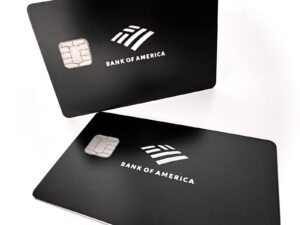Annual Fee Refund Rules For Each Bank
Who wants to pay unnecessary fees? No one! Many credit cards have annual fees associated with keeping the account open. Upon renewal of your card membership – each year an annual fee will be charged to your card account. Once you start to delve further into Travel on Point(s), the annual fees can really start to rack up. Getting a card with an annual fee is nearly always worth it for year one for the welcome offer. But, what do you do in year two and beyond? That will heavily depend on what the card offers and how it works for you. If you decide it doesn't work for you, can you get your annual fee back? In this post we will walk you through the annual fee refund rules for each bank so you know what to do.
Table of Contents
ToggleWarning: You Must Keep Your Card For At Least One Year
When you sign up for a new card you must keep it for at least one year. You are receiving a financial bonus in the form of a welcome offer for opening the card. In exchange for this welcome offer the bank is expecting you to keep that card for at least a year. You are agreeing to that when you apply for the card. Closing cards earlier than that first year can risk harming your relationship, and can cause you to potentially lose the welcome offer. Therefore, it is important that we mention that this guide applies to card membership year two and beyond. You should not request the annual fee be refunded on a card you have just opened. Further, you will want to consider before asking for a refund if the cards annual fee is worth paying for it's benefits.
Pro Tip
It is always best to see if there are any retention offers on your account before deciding on keeping or canceling a credit card.
Annual Fee Refund Rules For Each Bank
Here I will break down the annual fee refund policies for each major bank. With this knowledge you will now understand your chances of getting your money back from an annual fee. Some will give you a grace period from when the fee posts and others will prorate it even during the middle of the year etc. Some other banks, the worst offenders, won't budge an inch on refunds.

American Express
Quick Hit: American Express will refund the annual fee if you cancel the card within 30 days after the statement in which the annual fee hits. After that period, if you downgrade to a card with a lesser fee you will receive a prorated annual fee. See the note below on lifetime rules and downgrades.
Detailed American Express Annual Fee Refund Rules
You will want to keep in mind when considering your American Express cards annual fee the options you have. First off, you can ask for a retention offer, which American Express is notorious for having some great ones. Secondly, if the card you are cancelling has any rewards you will want to ensure that those rewards are secure. American Express' rule on this is quite simple, you need at least one membership rewards earning card open at a time to keep your points valid. Therefore, if you are thinking about cancelling your own membership reward earning card you will want to consider opening a card such as a Blue Business Plus to keep your points in tact. The Blue Business Plus is a no fee business card that earns membership rewards.
A Note On Lifetime Language:
American Express card welcome offers include lifetime language, which state that if you have or have ever had a card you are no longer eligible for the welcome offer on that card. This means you will not want to downgrade to a card for which you have not yet earned the welcome offer yet. That is because this is based on simply holding the American Express card and not earning the welcome offer.
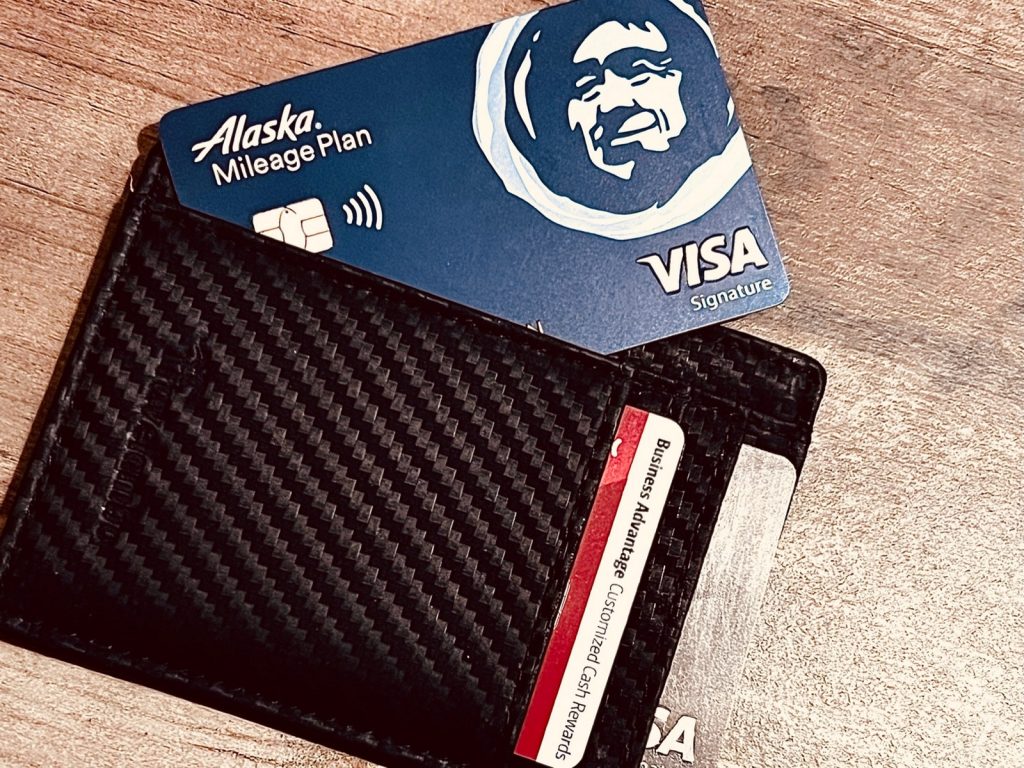
Bank Of America
Quick Hit: Your mileage may vary. It seems that if you have made all your payments on time, then generally they will refund the annual fee if you cancel within one statement period.
Detailed Bank Of America Annual Fee Refund Rules
While it is not a clear or straightforward policy, it is good news that Bank of America is generally willing to refund the annual fee. It is best to act quickly if you decide to close an account, within the 30 day window like American Express above.
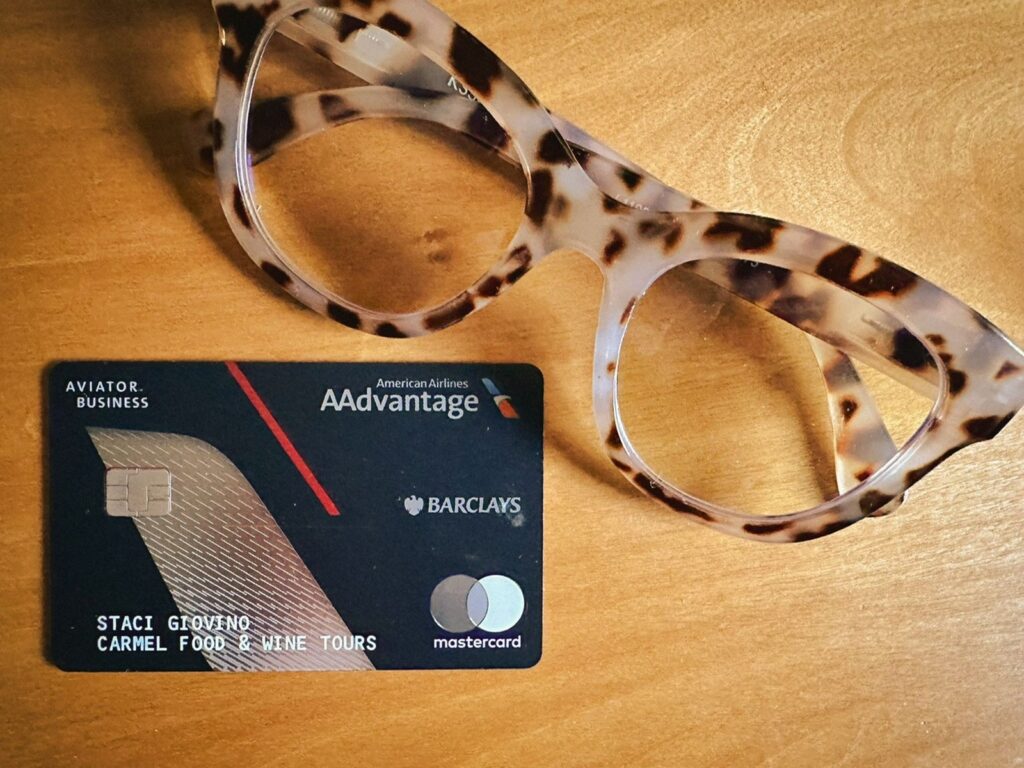
Barclay Card
Quick Hit: They will refund your annual fee as long as the card is cancelled within 60 days of the annual fee posting to your account.
Detailed Barclays Annual Fee Refund Rules
This policy is a bit less restrictive compared to other banks. 60 days is about a month longer than what other banks are willing to offer. So know that there is a bit of flexibility when it comes to Barclays.
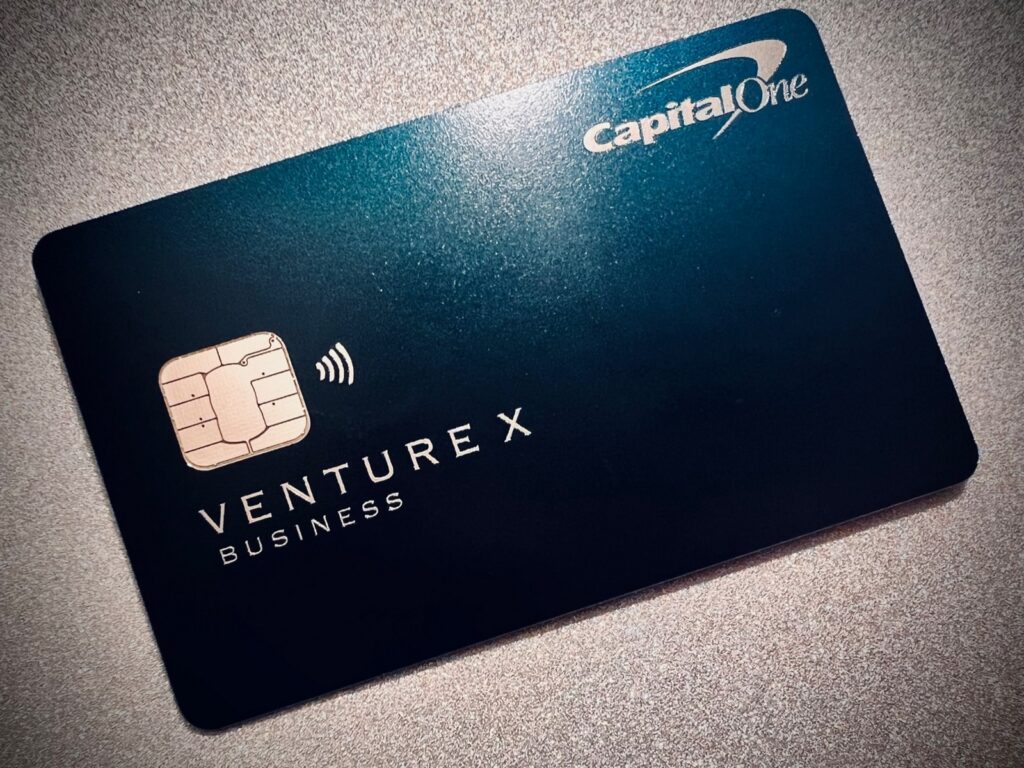
Capital One
Quick Hit: It can vary slightly. In some cases, Capital One will refund the annual fee if your card is cancelled within 30 days. Interesting enough, downgrading products within 30 days of the annual fee being charged will not yield a partial refund.
Detailed Capital One Annual Fee Refund Rules
Capital One inconsistently can be known to offer annual fee waivers if you call to cancel and agree to keep the account open. This is not guaranteed, nor a firm policy, but could be worth noting. Oddly, when downgrading the card within 30 days a partial refund will not be issued. Downgrading outside of the initial 30 days may however generate a prorated refund. Further, Capital One in some cases will refuse to refund an annual fee once it has been charged. Annual fees with Capital One are charged on the last day of your first statement and every 12th statement thereafter, so if you want to cancel your card you may choose to do it after 365 days of card membership but before your statement in which the annual fee is charged.

Chase
Quick Hit: You have 30 days from the fee being charged in order to request the card be cancelled and receive a refund.
Detailed Chase Annual Fee Refund Rules
Chase offers one of the more clear policies. It is a simple 30 day window from the fee being charged in order to cancel or downgrade the card to receive a full refund. Downgrading cards with Chase is a very popular option since they have many no fee cards to downgrade to. Product changing your card to a no fee option as opposed to cancelling it may also help your relationship with Chase. Downgrading to a different card outside of the 30 day period in most cases, but not all, yields a prorated refund.
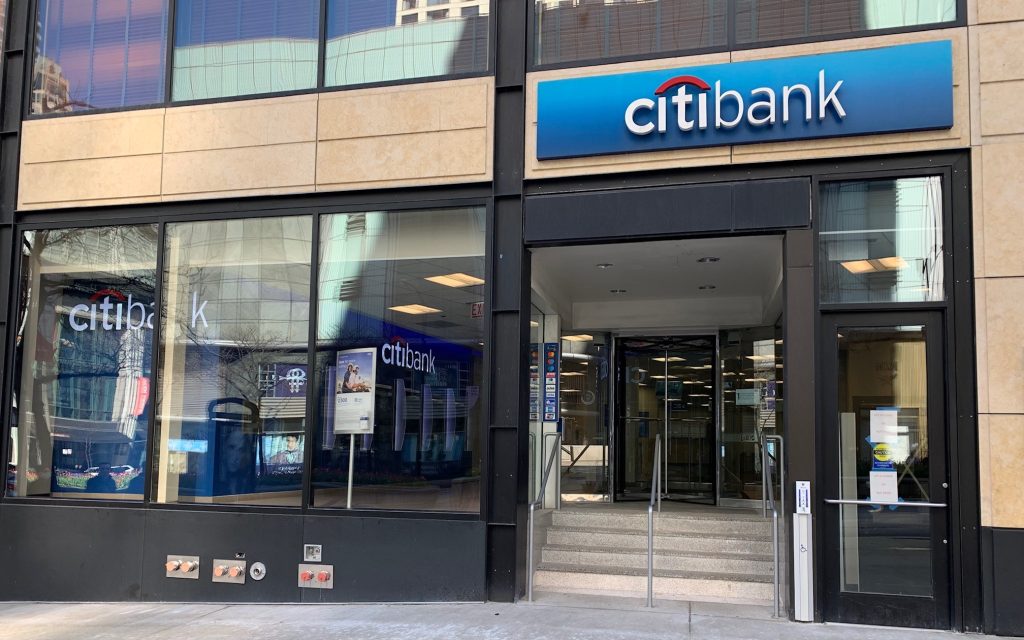
Citi
Quick Hit: Citi will refund annual fees within 37 days of the fee posting. After 37 days, no prorated refund will be issued.
Detailed Citi Annual Fee Refund Rules
Citi used to allow 60 days for refunds on most cards, but recently lowered this threshold to just 37 days. They also used to issue prorated refunds for cards cancelled outside of that window, but appear to have stopped offering prorated refunds.
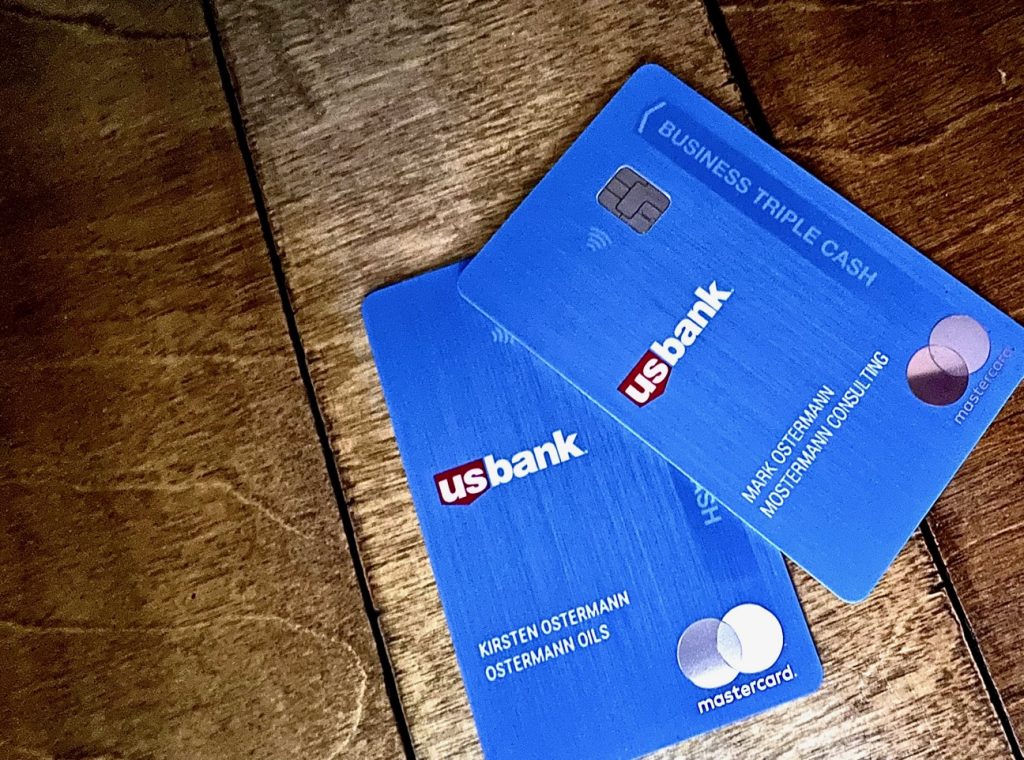
US Bank
Quick Hit: US Bank will offer a refund if your card is cancelled within 30 days of the annual fee posting to your account.
Detailed US Bank Annual Fee Refund Rules
Another straightforward one. Simply request to cancel your card within 30 days of the fee posting and you should get a full refund. If you wait too long you will be out of luck with no prorated refunds.

Wells Fargo
Quick Hit: If your account is closed within 90 days of the fee being charged, the fee will be refunded.
Detailed Wells Fargo Annual Fee Refund Rules
This is on the longer side, and Wells Fargo is giving you nearly a quarter of a year to decide. It is good to see some more flexibility here. It is by far the most lenient in terms of full refund. Some may prefer having a prorated option past 90 days though.
Annual Fee Refund Rules For Each Bank: ToP Thoughts
Annual fees are a big concern for award travelers. We want to ensure we are getting the value for the cards in our wallet, and trimming fat where we need to. By knowing the annual fee refund rules for each bank, you can manage your fees effectively. Remember that the value in the card for the first year is in the welcome offer, after that first year it will depend on the card perks, earning structure and point values.
If you were able to get an annual fee refunded, let us know over in the ToP Facebook group.







